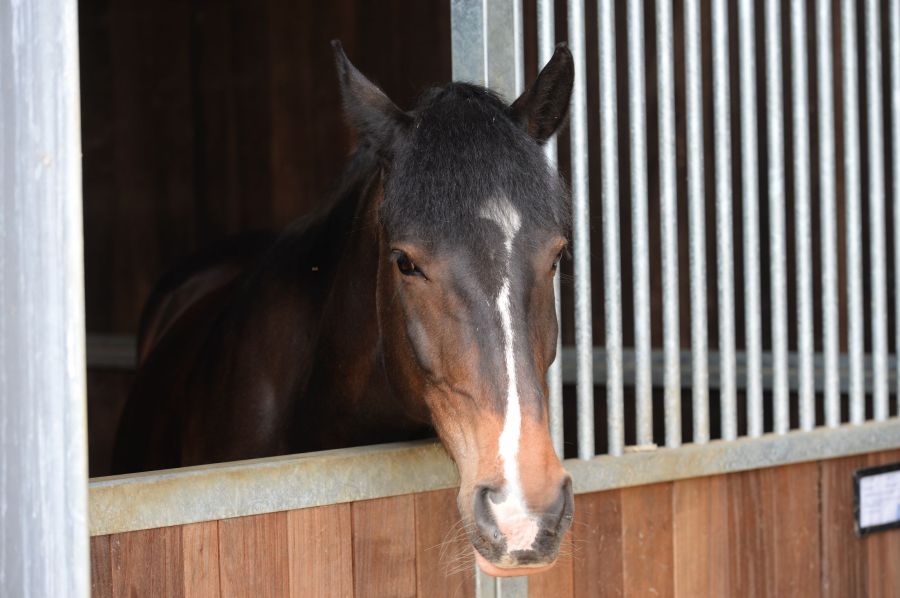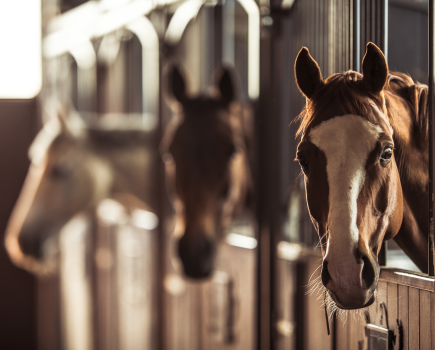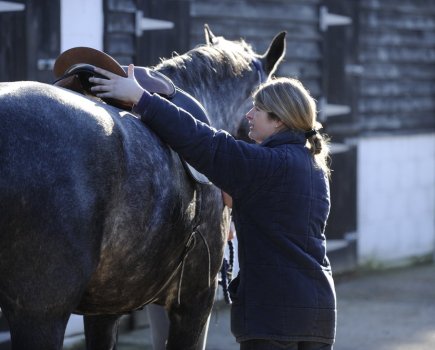Owners are being urged to be aware of the signs and causes of colic in a new campaign to help reduce the potentially devastating impact of the condition. Colic is one of the biggest horse health insurance claims, second behind only gastric ulcers.
Insurer Agria is sharing information surrounding colic under the #ColicCheck hashtag in a bid to shine a spotlight on the prevalence of colic in the UK’s horse population.
Every year, around 4,500 horses insured in Europe with Agria alone are afflicted, of which about 8% do not recover. In a recent survey of more than 300 UK horse owners conducted for the insurer, 47% said they have a horse that has suffered from colic at some point.
In all cases of colic in horses, the earlier you spot the signs and call your vet, the greater the chances your horse has of making a full recovery. Veterinary intervention is always essential. Colic can occur all year round and there are different types to look for.
Agria urging people to refresh their memory on colic and colic avoidance, and is offering free resources both to learn about the symptoms and causes of colic and help them establish if their horse may be showing early signs.
In addition, the free Agria Vet Guide app available to all policy holders allows someone whose horse is exhibiting minor symptoms and causing low-grade concern, to upload photographs and video through the app and arrange a free phone or video consultation with an experienced equine vet.
“Since we can track colic cases from year to year, it is clear that colic attacks are strongly linked to the season, and specific factors that increase the risk,” says Anette Graf, equine vet at Agria. “But by better managing daily routines, we can reduce the number of cases, and thereby improve the health and welfare of the horse.”
‘I was really surprised he developed colic’
Annette Cotton recently dealt with colic for the first time, when her 11-year-old Welsh sport horse Doug came down with it.
“I have six horses and it’s the first time I’ve had colic with any of them,” says Annette, who keeps her horses on her farm in Essex.
“Dougie was at the back of his stall when I came by with breakfast, which isn’t like him. Then he began pawing at the ground and when I put a headcollar on, he was reluctant to walk and tried to lie down. I also noticed he’d done fewer droppings than usual — so I quickly realised I should call the vet.”
The vet diagnosed an impaction colic and found that Doug’s spleen was higher than it should be, so he was taken to the vet hospital where they treated him, and kept him moving, until the impaction cleared without need for surgery.
“My horses are out pretty much 24/7 in the summer and from 7.15am until it goes dark in winter – so they are always moving,” Annette said. “They’re only stabled in the night in the winter and because Doug has had ulcers in the past, I’m really careful that he has access to ad lib forage. So I was really surprised that he developed colic.
“I swapped to Agria after seeing Ros Canter’s social media posts about them, and speaking to them at Burghley – I like the idea that if I have colic again next year, it won’t be excluded. So far Agria has been really efficient. All you want is a fit, sound horse, and to feel that your insurer is on your side.”
Access Agria’s colic resources via their website










